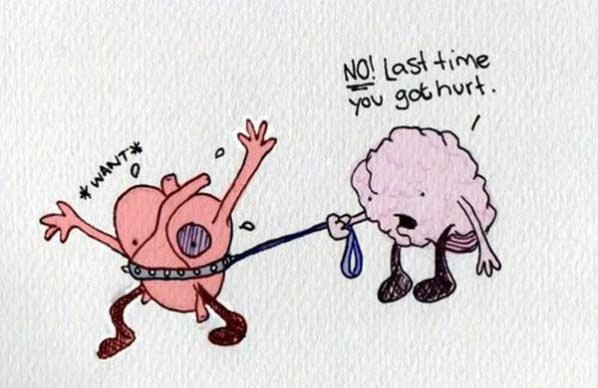Will going to the hospital in July kill you?
e authors found that inside medical institutions, fatal medication errors spiked in July and in no other month. This July peak was visible only in counties with teaching hospitals. In these counties, the number of July deaths from medication errors was 10 percent above the expected level. No similar link was observed for other causes of death or for deaths outside hospitals. And According to sociology professor David Phillips and his student Gwendolyn Barker from the University of California, San…
1 min read
These Weekend Activities Best Help You Recover From The Work Week
ything that helps you not think about work, aids relaxation and also "mastery experiences." Doing the things you're good at. For most employees, the weekend offers the opportunity to recover and unwind from demands faced during the working week. In this study, first, we examined which factors contribute to employees' successful recovery during the weekend. Second, we investigated if being highly recovered after the weekend benefits different dimensions of job performance during the week. Using a within-person design we conducted…
1 min read
A Quick And Easy Way To Relieve Stress
ew gum: The notion that chewing gum may relieve stress was investigated in a controlled setting. A multi-tasking framework which reliably evokes stress and also includes performance measures was used to induce acute stress in the laboratory. Using a randomised crossover design forty participants (mean age 21.98 years) performed on the multi-tasking framework at two intensities (on separate days) both while chewing and not chewing. Order of workload intensity and chewing conditions were counterbalanced. Before and after undergoing the platform participants…
2 minutes
What’s worse: losing your job or being afraid of losing your job?
..perceived job insecurity ranks as one of the most important factors in employees' well-being and can be even more harmful than actual job loss with subsequent unemployment." This paper analyzes the impact of job insecurity perceptions on individual well-being. In contrast to previous studies, we explicitly take into account perceptions about both the likelihood and the potential costs of job loss and demonstrate that most contributions to the literature suffer from simultaneity bias. When accounting for simultaneity, we find the…
1 min read
Is this why we can do fun stuff for hours but work stresses us out?
ve always wondered why if something is "fun" we can do it for hours, yet if it's "work" it stresses us out and leaves us exhausted when the distinction between the two is often arbitrary and idiosyncratic. (Doing your taxes is frustrating while solving puzzles is fun. How different are they really?) Certainly, interest in the task at hand is a big factor but this study touched on an interesting element as well: This study examined pilots' vigilance during an…
3 minutes
Another trick to dealing with depression:
key to alleviating depression is fostering a shift from self-worth goals to learning goals and from the beliefs underlying self-worth goals to the opposite beliefs." There is evidence that beliefs (cognitive vulnerabilities) and goals (to prove self-worth) contribute to depression but little consideration of how they work in tandem. Synthesizing research on beliefs and goals leads us to four propositions: (a) People with cognitive vulnerabilities often adopt self-worth goals (seeking to prove self-worth and to avoid proof of worthlessness).…
1 min read
How to quickly and easily add meaning to your life:
flect on the different ways your life could have gone. Believing that the way things did work out was "meant to be" and appreciating the benefits of that journey both can add a deeper feeling of meaning to your life. Four experiments explored whether 2 uniquely human characteristics—counterfactual thinking (imagining alternatives to the past) and the fundamental drive to create meaning in life—are causally related. Rather than implying a random quality to life, the authors hypothesized and found that counterfactual…
1 min read
Can you pay people to develop good habits?
oks like the answer might be yes: Can incentives be effective when trying to encourage the development of good habits? We investigate the effect of paying people a non-trivial amount of money to attend an exercise facility a number of times during a one-month period. In two separate studies, we find that doing so leads to a large and significant increase in the average post-intervention attendance level relative to the control group. This result is entirely driven by the impact…
1 min read




